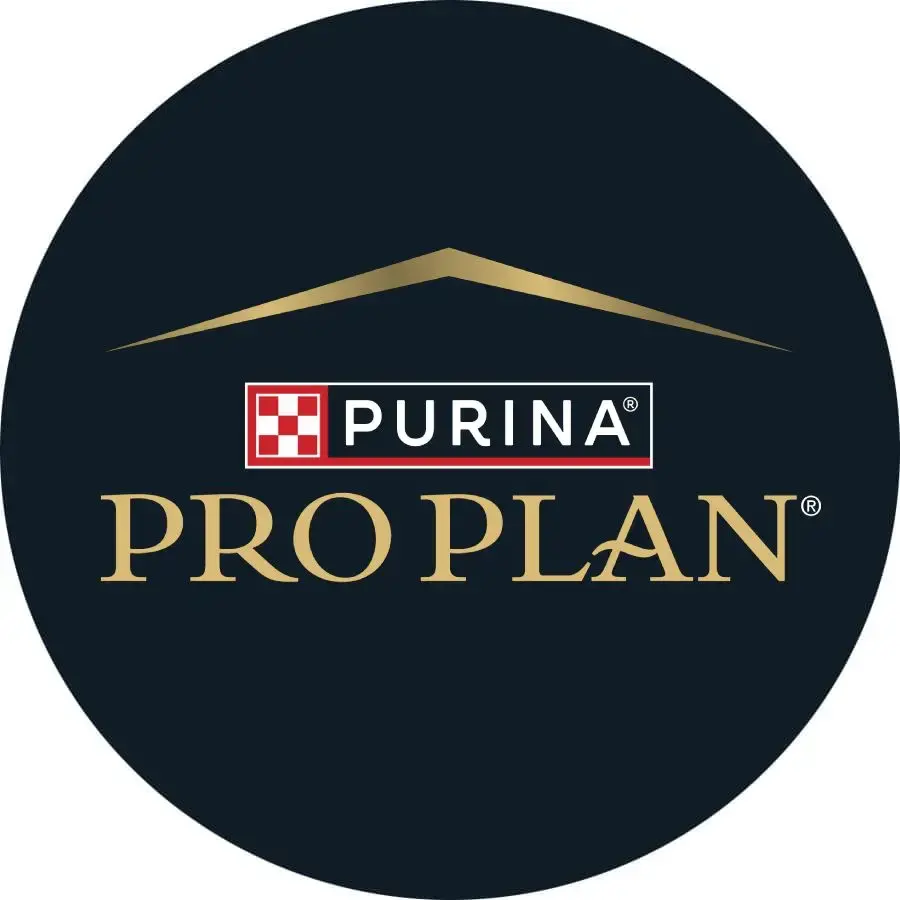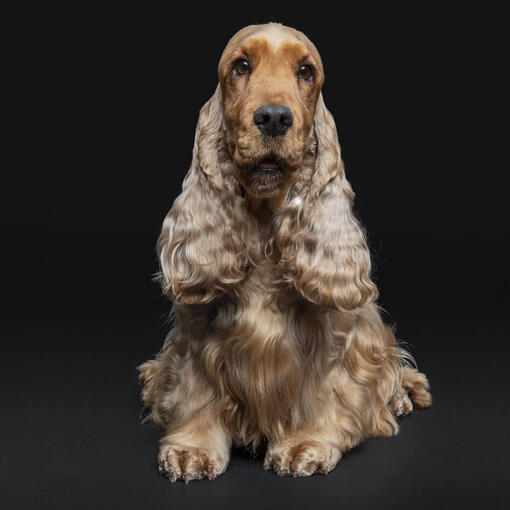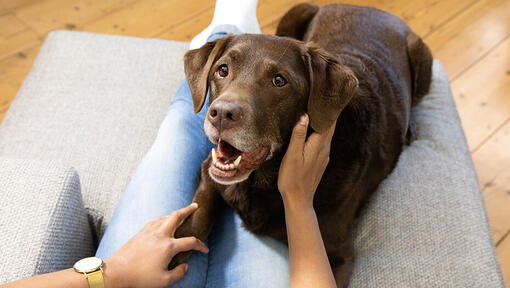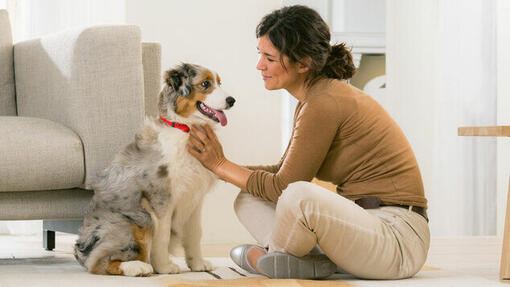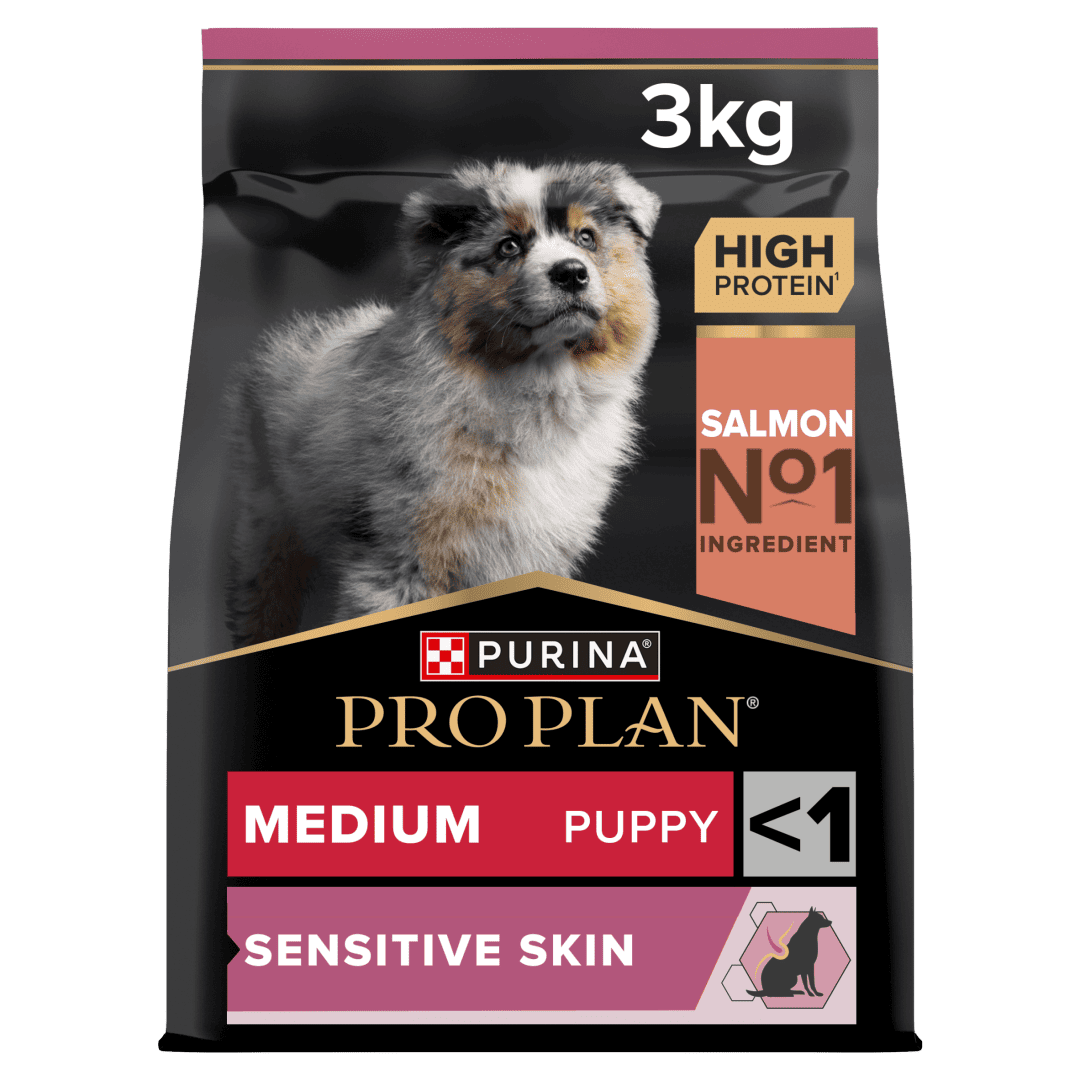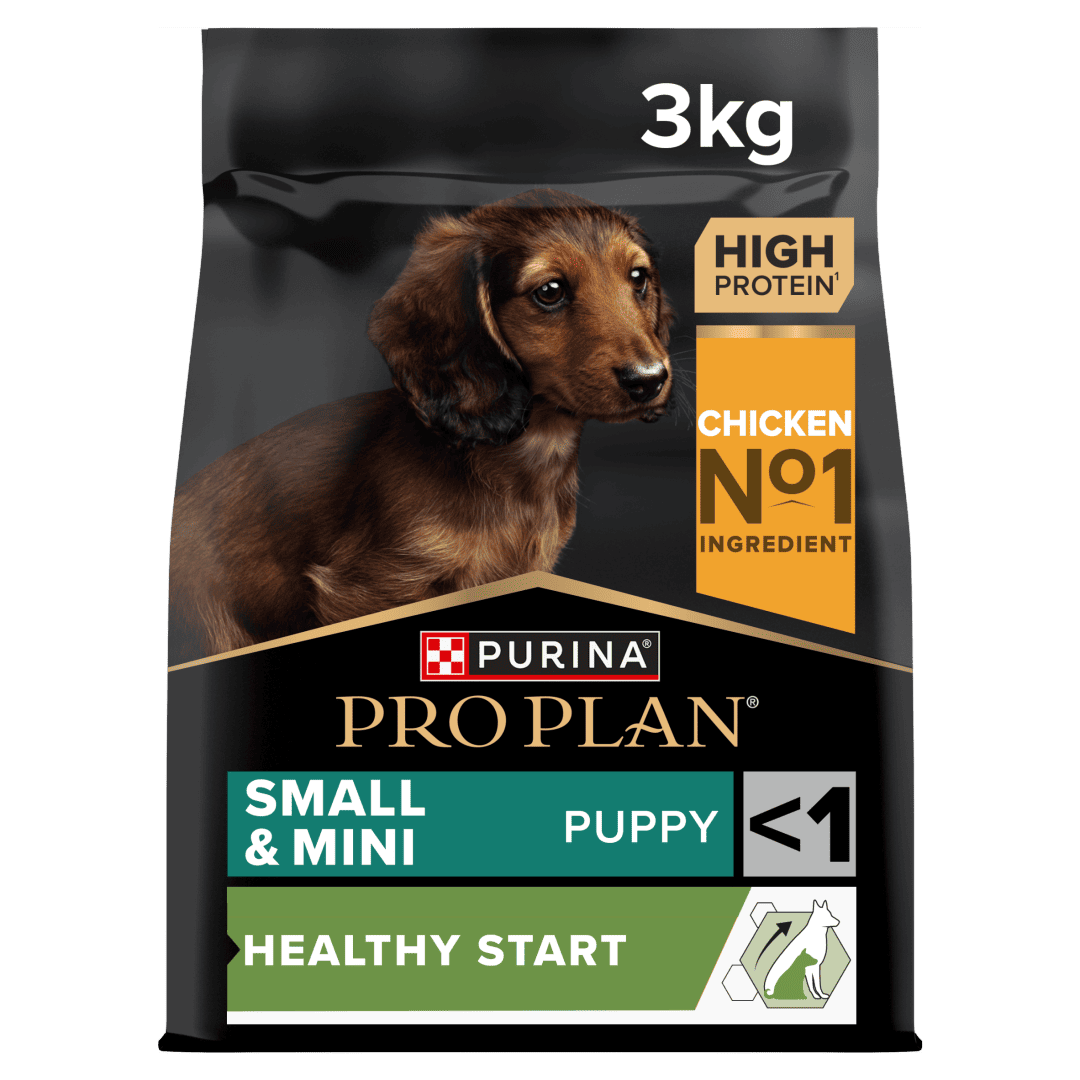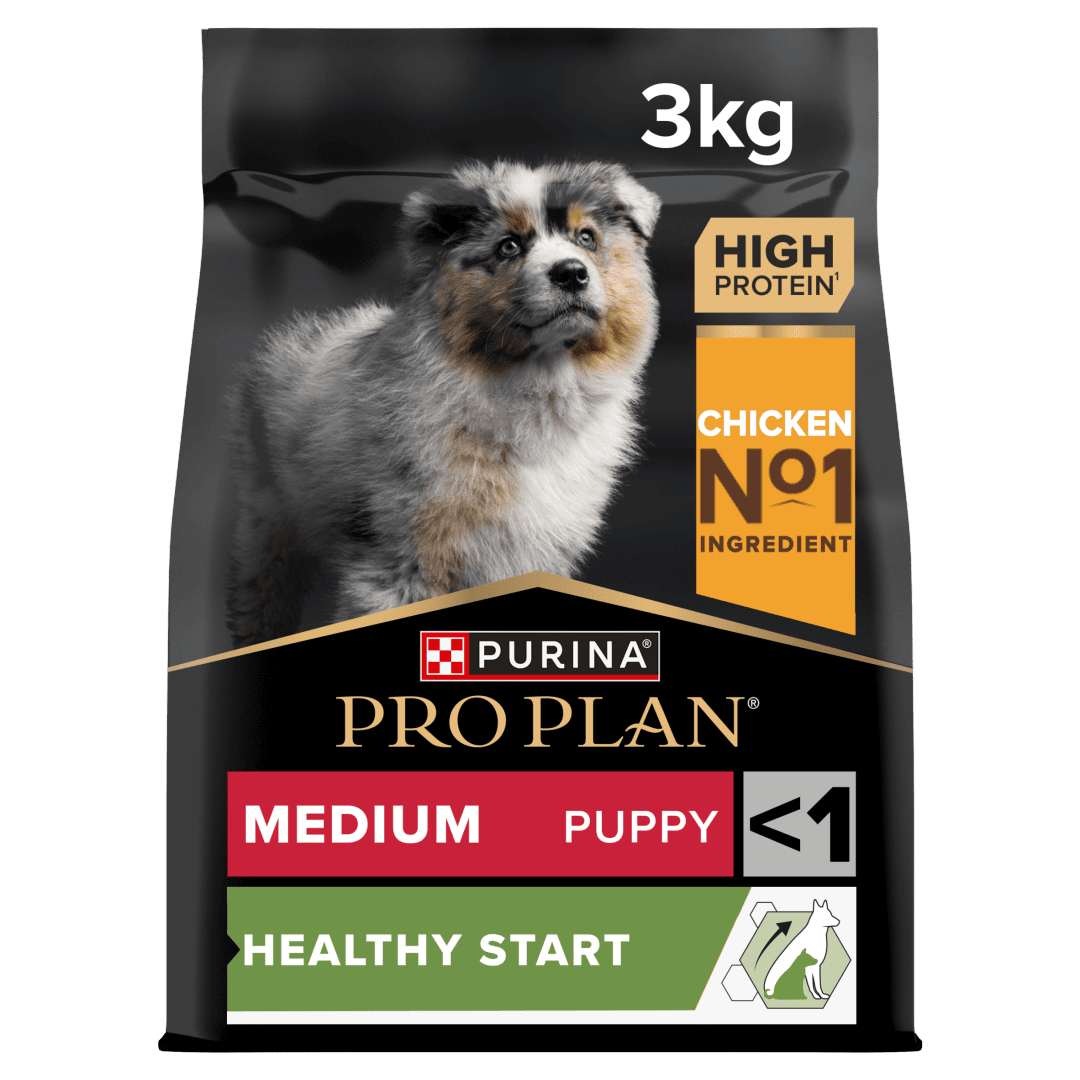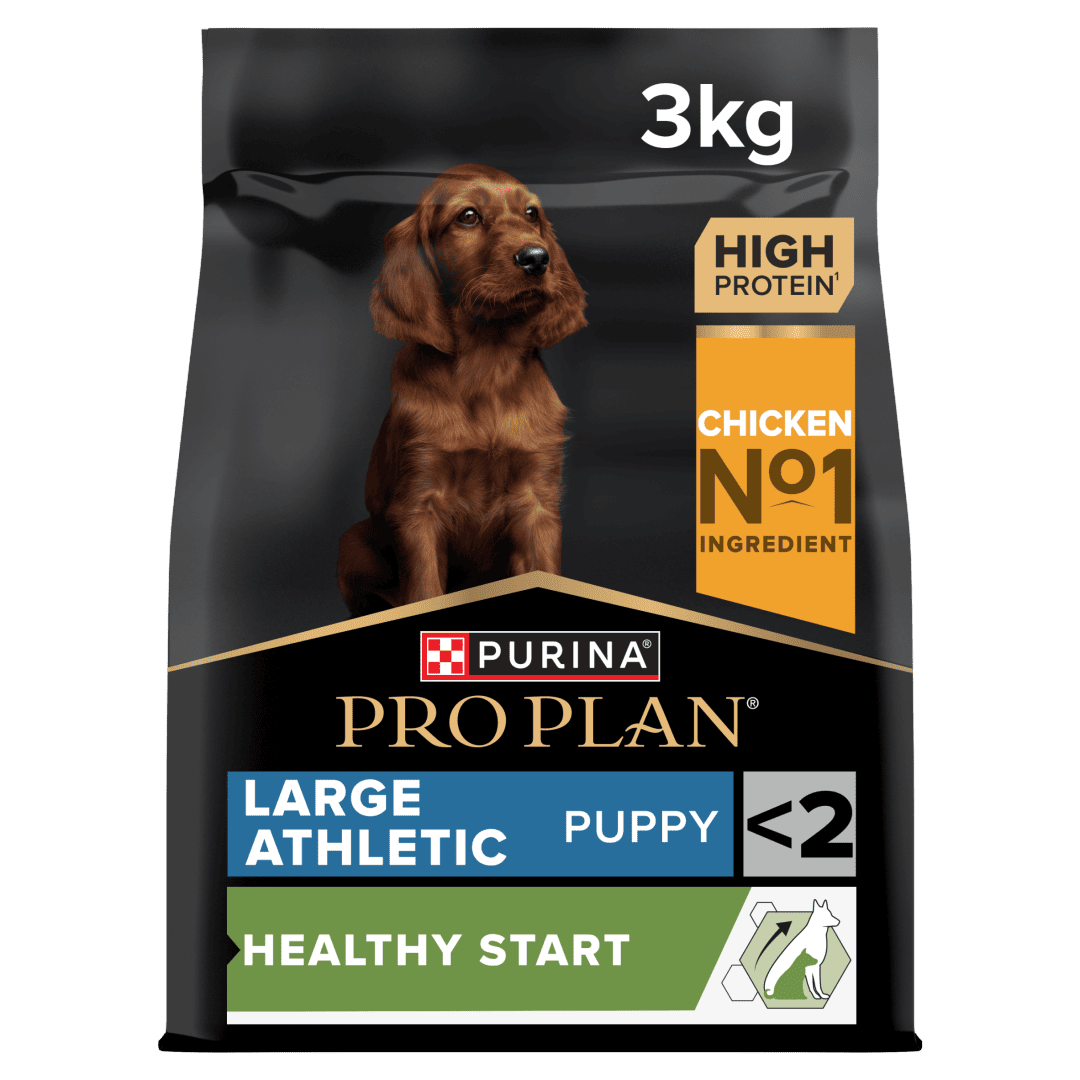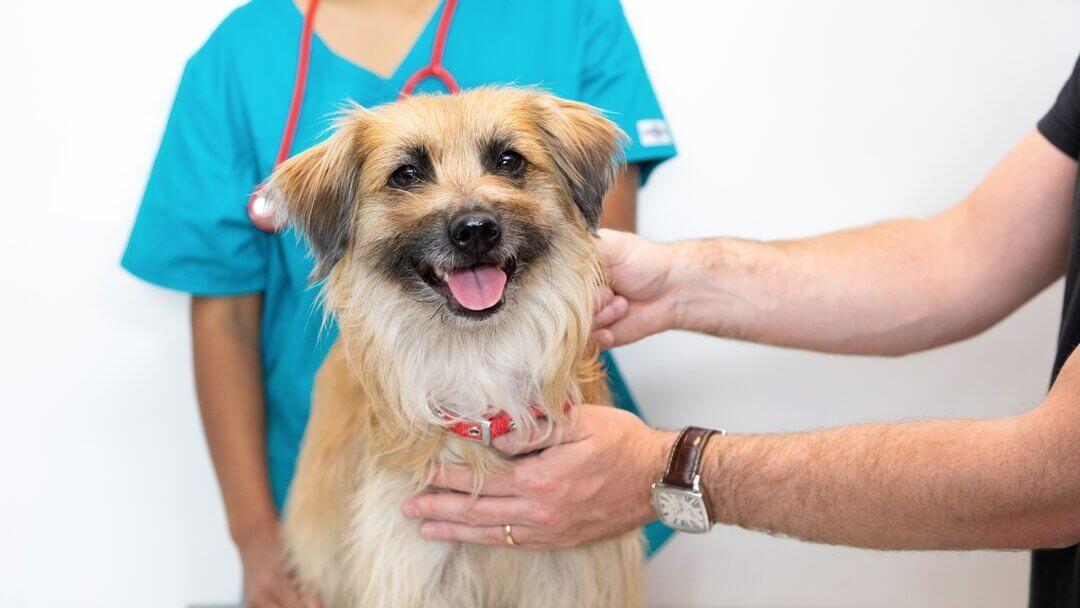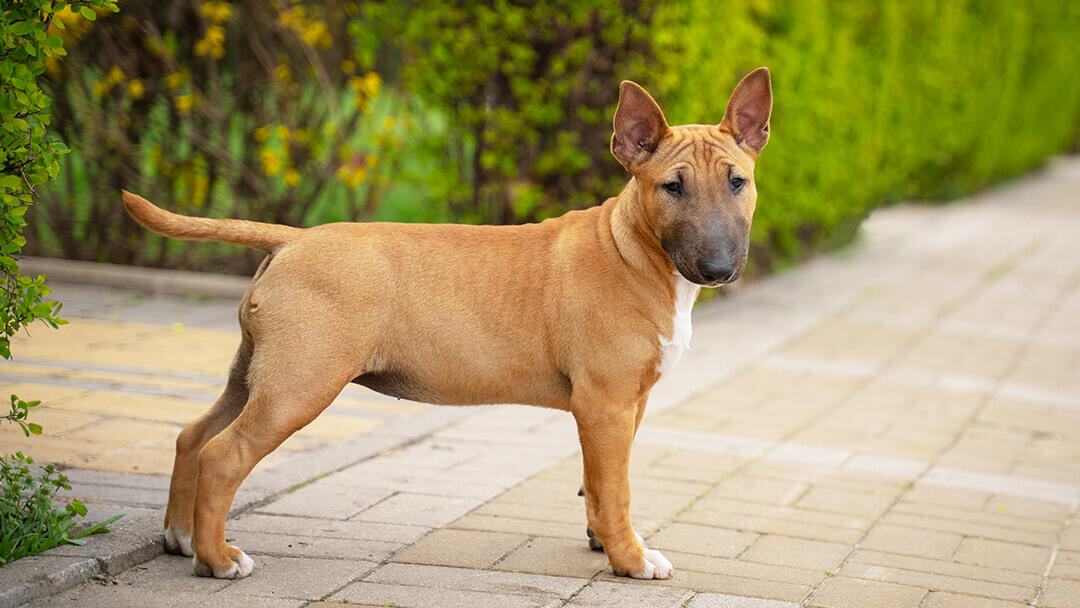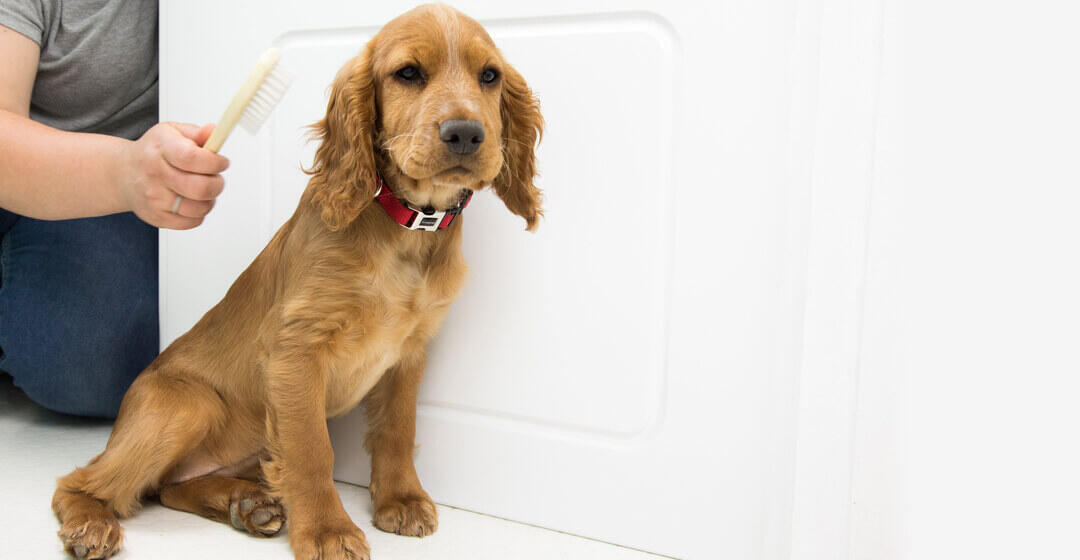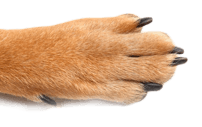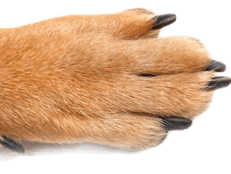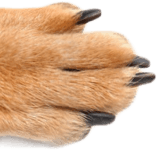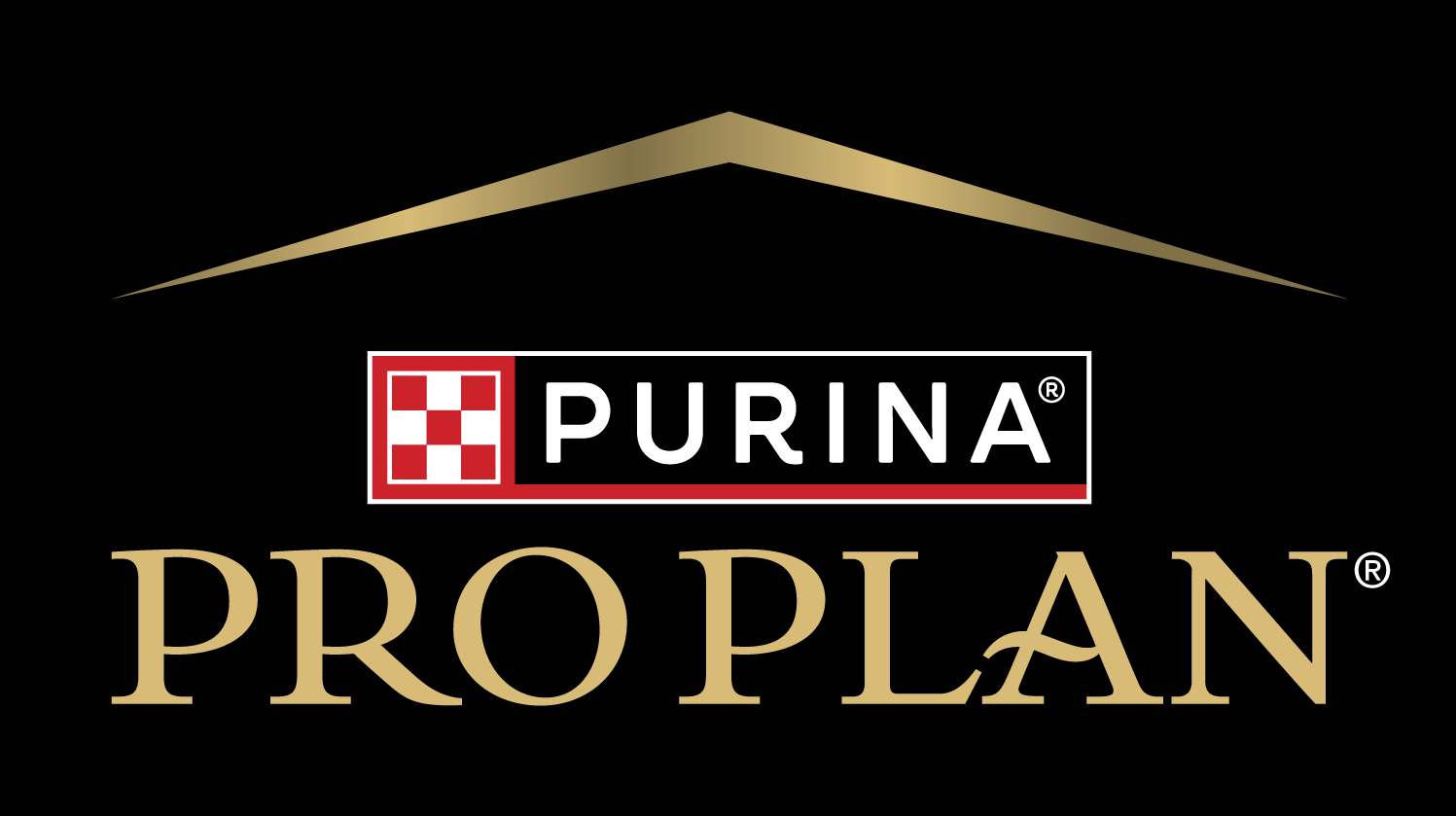


Dry skin can be an irritating problem for puppies as when skin begins to turn dry, it can also turn itchy.
Young puppies won’t be able to resist this itch and you may find them constantly scratching to try and relieve the itch. Scratching can then lead to broken skin and bleeding, which can then lead to even more severe skin issues.
The good news is there are a number of steps you can take to minimise the risk of dry skin and reduce any itching and keep your puppy’s coat at its best.
Understanding Puppy Skin: Unique Needs and Potential Issues
A puppy’s skin is much more delicate than that of an adult dog, which means it needs extra care and attention. Unlike the thicker, tougher skin of adolescent or older dogs, puppy skin is thinner and more sensitive, making it more prone to irritation, dryness, and damage from the environment. Because their protective skin barrier isn’t fully developed yet, puppies can be more vulnerable to a variety of skin issues.
Knowing what to watch for is the first step in keeping your puppy’s skin healthy and comfortable. Here are some common skin problems puppies can experience:
- Dryness & Flakiness.
- Allergies (Food & Environmental).
- Parasites (Fleas, Ticks & Mites).
- Hot Spots.
- Infections (Bacterial & Fungal).
Catching these issues early can help prevent discomfort and more serious health problems down the line. By understanding how sensitive puppy skin is and staying on top of potential concerns, you can help keep your pup’s skin healthy.
Essential Grooming Practices for Healthy Puppy Skin
Brushing
Brushing the coat is one of the best ways to prevent dry skin in dogs. Each time you brush your puppy’s coat it wipes away any dry skin flakes resting on the surface. These skin flakes can cause irritation if left to build up, and this irritation can easily lead to your dog scratching.
Brushing also helps to encourage oil glands in your puppy’s skin to develop. These glands are an important part of keeping your dog’s skin and coat healthy and at its best. Brushing your puppy from a young age gets them used to grooming and helps make it a fun lifelong habit.
Make sure you are using a soft brush designed for puppies – and use treats to teach them that grooming is an enjoyable experience.
Shampoo & Bathing
If you have to bath your puppy, make sure you are using a puppy-based shampoo – don’t ever use your own (even if it says it is moisturising or gentle). Our skin has a different pH balance from that of our dogs and what is perfect for us, will not suit your dog’s skin and can make dry skin and the itches far worse.
Puppy shampoo can help support your puppy’s coat whilst they are developing into an adult. Most puppy shampoos contain a range of different oils and ingredients to improve the elasticity of your dog’s skin. These special ingredients also help to repair and nourish any skin that may have become slightly dry.
If your puppy came from a breeder, ask them to suggest the best shampoo for your puppy’s coat type or else ask a local groomer to recommend the best pet shampoo for your dog’s age and breed.
Don’t bath your puppy any more than you need to however – as just like us, over-washing can dry out the coat and skin.
Always use warm but not hot water.
Hydration
Keeping your dog hydrated is important for a number of reasons. One of these reasons is that a dehydrated puppy could develop skin and coat problems. Skin issues such as loss of elasticity and wrinkles can often be a sign of dehydration.
Always make sure your dog always has constant access to fresh clean water. If your puppy resists drinking or you don’t think they are drinking enough, take them to your vet, to check they are well enough hydrated, and to make sure there isn’t a more serious issue behind the problem.
Food
The kind of food you feed your puppy can impact the health of their coat and skin. If you’re looking for a complete dog food that’s clinically proven to support healthy skin, consider PURINA® PRO PLAN® Dog Puppy Sensitive Skin with OPTIDERMA®. This diet has been specifically created to help puppies with skin issues.
Each bowl helps reduce possible skin discomfort associated with food sensitivity thanks to selected source of protein (more than 90% coming from salmon) and the inclusion of skin-targeting nutrients such as zinc, essential fatty acids and vitamins A, E, and B.
When To See a Vet: Recognising the Signs of Unhealthy Skin in Puppies
While many puppy skin issues can be managed at home with proper care, some situations require a vet’s expertise. Knowing when to seek professional help is key to keeping your puppy comfortable and healthy.
Keep an eye out for these warning signs that may indicate a more serious skin problem:
- Excessive Scratching or Licking.
- Redness & Inflammation.
- Hair Loss.
- Open Sores or Lesions.
- Pus or Discharge.
- Changes in Skin Texture.
- Worsening or Spreading Symptoms.
- Lethargy or Loss of Appetite.
Taking care of your puppy’s skin is an important part of keeping them happy and healthy. Because their skin is so delicate, it’s essential to be aware of common issues like dryness, allergies, and parasites and to follow a gentle, consistent grooming routine. Regular brushing, using a mild puppy shampoo, keeping them well-hydrated, and feeding a balanced diet packed with skin-nourishing nutrients all help support a soft, healthy coat.
At the same time, staying alert to any signs of trouble like excessive itching, redness, or hair loss ensures you can catch potential problems early and seek veterinary care when needed. By making skin health a priority, you’re helping your puppy grow into a thriving adult dog.
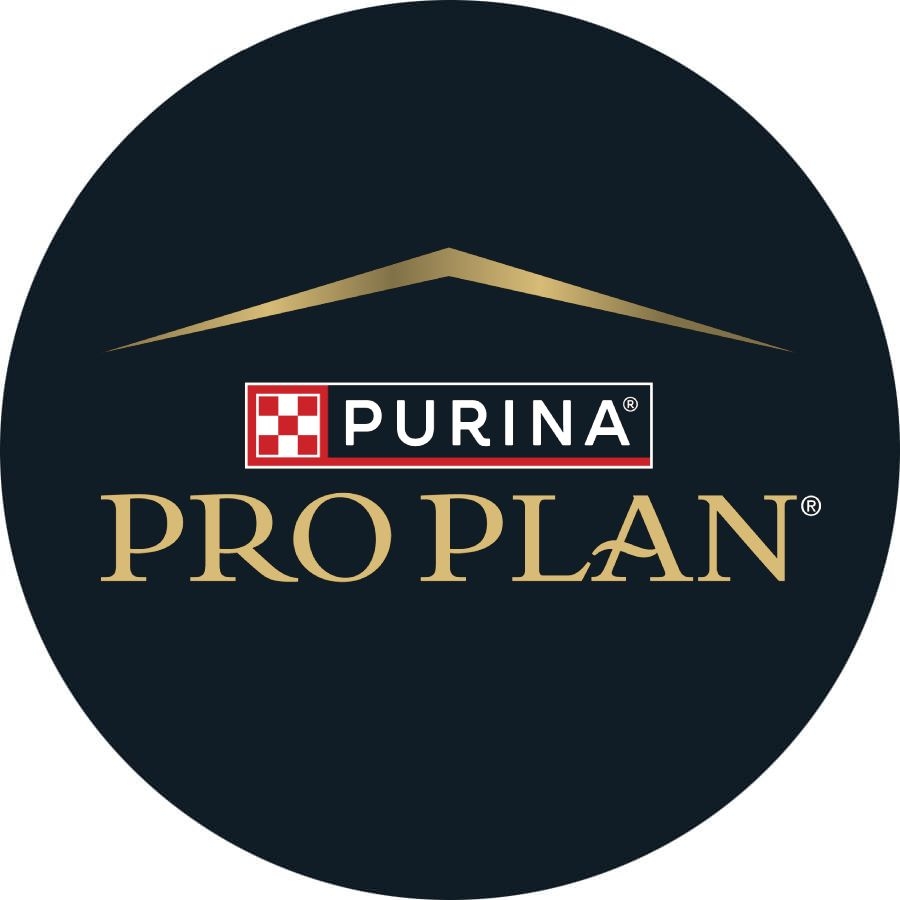
Explore our puppy food:
New puppy? Read these next:
